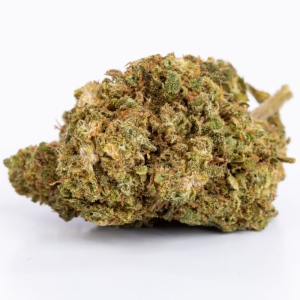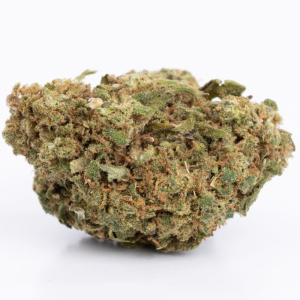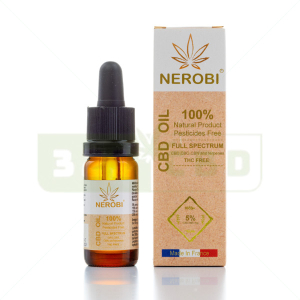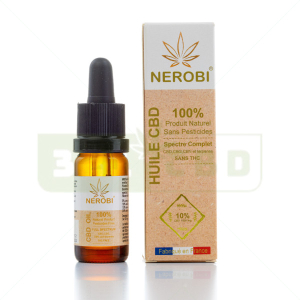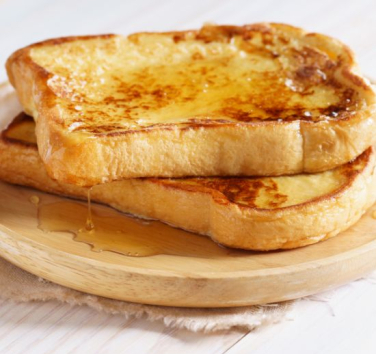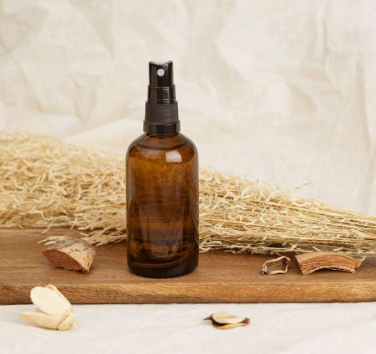1. CBD, or legal hemp to soothe yourself
How can we talk about relaxation and relaxation without starting with cannabidiol and, more broadly, the non-psychotropic cannabinoids of the hemp plant?
CBD and alcohol, a different action on the CNS
Cannabidiol (CBD) and alcohol interact with the central nervous system (CNS) in very different ways.
Alcohol is a CNS depressant that temporarily increases dopamine levels, leading to a temporary feeling of well-being. However, its chronic use can lead to addiction disorders, neurological alterations and other deleterious health effects.
In contrast, CBD interacts with the endocannabinoid system (ECS). But unlike THC, another cannabis molecule, and alcohol, it does not cause psychotropic effects and does not alter cognitive abilities. Rather, it will influence several neuronal signaling systems, in particular by modulating the serotonergic system, to reduce stress and soothe anxiety. Better: cannabidiol also has neuroprotective effects, which tends to strengthen and protect cognitive faculties (notably memorization, the ability to concentrate, etc.).
CBD: 360° action to relax
CBD does not only relieve stress and anxiety. It deploys a series of virtues to help you relax naturally, by softness.
To begin with, and when consumed in the early evening, CBD promotes a good night's sleepquite the opposite of CBD. In this study, cannabidiol helped improved sleep scores in two-thirds of participants. In this other study, it made it possible to reduce the frequency of episodes of insomnia, in particular by acting on paradoxical sleep disorders such as nocturnal verbalization (talking in one's sleep), muscle spasms, random awakenings in the middle of the night or even sudden movements.
CBD is also an excellent anti-inflammatory and a natural painkiller. It will therefore act on joint stiffness and muscle pain to improve your mobility.
Finally, CBD acts on the ECS receptors responsible for regulating mood. You will be able to limit emotional fluctuations and relax.
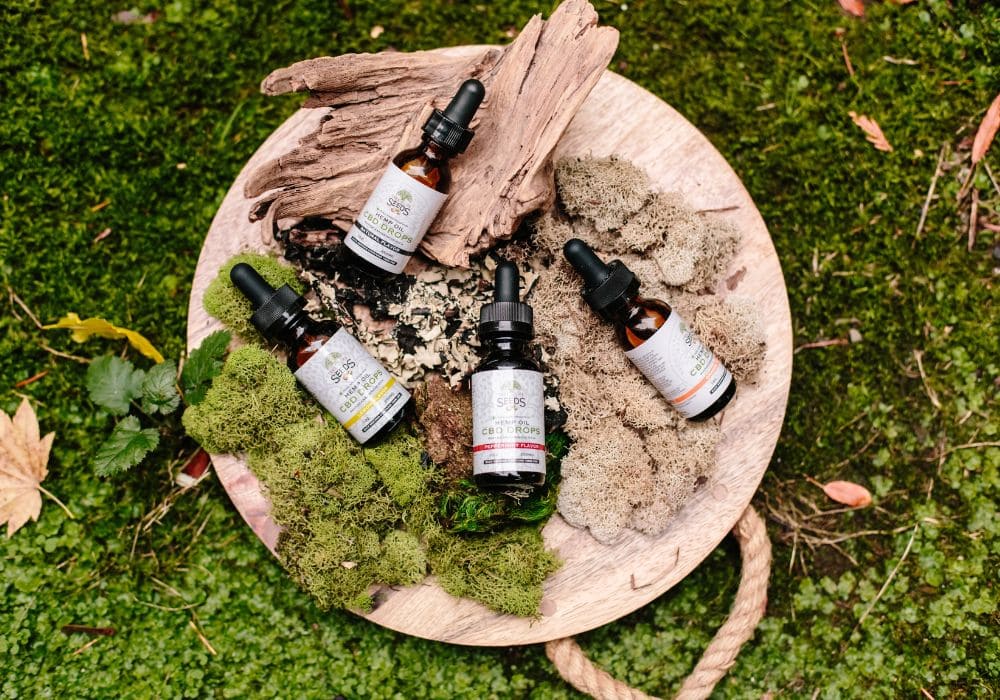
How to consume CBD to relax quickly?
Inhaling CBD flowers in steam form is the best method to relax in stride. This route of administration allows CBD to enter directly into the blood system via the lungs. The effects can be felt within minutes.
If you prefer a more discreet method, opt for sublingual consumption CBD oil. Simply place a few drops of liquid under your tongue, wait a minute and then swallow the remaining CBD oil. The effects are again very rapid.
2. Meditation, or serenity through breathing
Meditation is an excellent alternative to alcohol. It is accessible to everyone, does not require any specific equipment and can be done at any time of the day , almost everywhere and without any hassle.
Science supports this ancestral practice for finding peace and serenity. A study published by JAMA Internal Medicine in 2014 examined the effects of mindfulness meditation on stress and pain.Researcher Madhav Goyal and his team explain that mindfulness meditation drastically reduces stress scores. anxiety and depression, as well as pain sensation and tolerance. The analysis covers 47 clinical trials involving 3,515 participants. It is therefore a solid basis which proves the positive effects of meditation on mental well-being.
To integrate meditation into your daily life, start with short sessions of 5 to 10 minutes. Choose a quiet place where you will not be disturbed. Sit comfortably, close your eyes and focus on your breathing. The objective is not to empty the mind but to identify the moments when your mind wanders and gently bring it back to your breath.
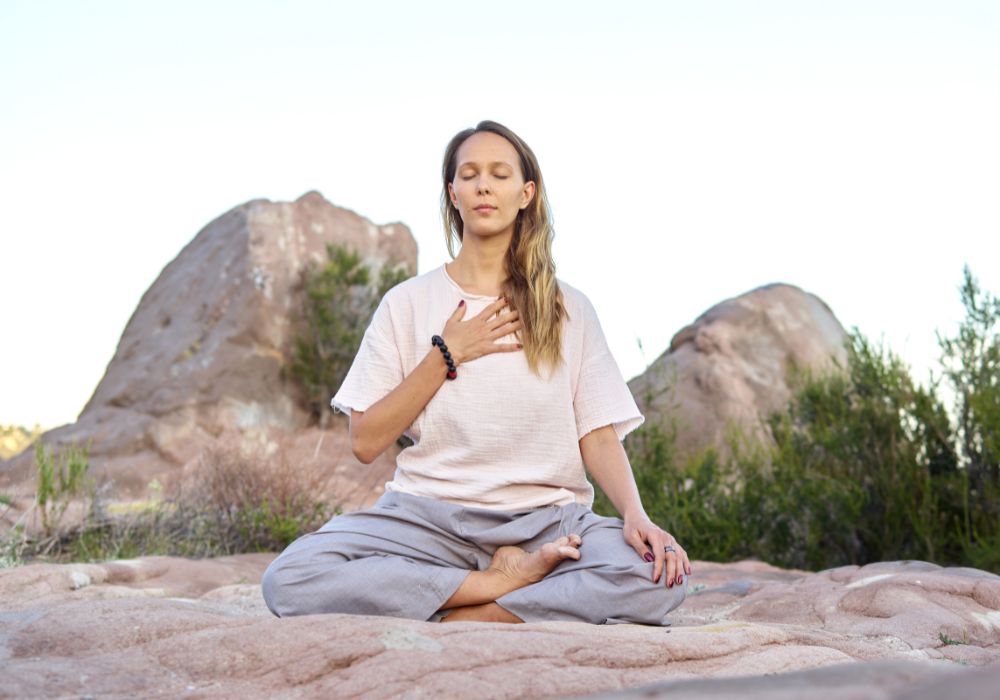
3. Chamomile infusion, a safe bet
Chamomile has been used for millennia in herbal medicine for its medicinal properties, notably its ability to induce relaxation and facilitate sleep. But why is chamomile so soothing?
Everything can be explained by the remarkable composition of this plant which resembles a small daisy, with bioactive compounds that are good for you, starting with apigenin. This flavonoid is a selective ligand for the benzodiazepine receptor (BZD site) on the GABA-A receptor complex in the brain. By binding to this receptor, apigenin increases the activity of the inhibitory neurotransmitter GABA (gamma-aminobutyric acid) which regulates neuronal excitability. Activation of GABA-A receptors by apigenin therefore promotes relaxation, reduces anxiety and makes it easier to fall asleep.
There is also bisabolol, a terpenoid with anti-inflammatory and calming properties. It promotes a very pleasant state of physical well-being, without psychotropic effects, like CBD!
We give you three professional tips so that your next chamomile infusion is truly soothing and relaxing:
-
Add other soothing herbs or ingredients like lavender, linden, lemon balm or a little honey to soften;
-
The process of making the infusion can itself be a calming ritual! Take advantage of this moment to relax while enjoying the soothing scents and intoxicating aromas of the infusion being prepared;
-
Make sure to drink the infusion in a quiet environment, away from distractions, including your smartphone, PC or television. Consider consuming chamomile tea in the evening, before bed, to get a good night's sleep.
4. Breathing 4 – 7 – 8 by Dr. Andrew Weil
The 4-7-8 breathing technique is part of a long tradition of breathing practices originating in particular from yoga, where breath control, or “Pranayama”, balances the body and mind.
Designed by Dr. Andrew Weil, it adapts these age-old principles to meet the demands of reducing stress in our daily lives characterized by an often sustained pace and constant demands.
The method is based on a precise respiratory cycle: an inhalation through the nose for four seconds, maintaining this inspiration for seven seconds, and a controlled expiration through the mouth for eight seconds.
This process is not random: each phase has been designed to optimize the response of the nervous system. Inhalation activates the sympathetic nervous system, but it is in the breath retention phase that the body has the opportunity to fully oxygenate itself. Prolonged exhalation, in turn, stimulates the parasympathetic nervous system which manages the body's relaxation response.
By reducing the activation of the sympathetic nervous system, often in overdrive due to daily stress, and by promoting the activation of the parasympathetic system, the body regains a state of balance more conducive to rest and relaxation.
Start and end your day with a few breathing cycles 4 – 7 - 8 so that stress management becomes a habit. In a world where we often seek complex solutions to our ills, this technique reminds us that physiological fundamentals such as breathing are particularly effective!


